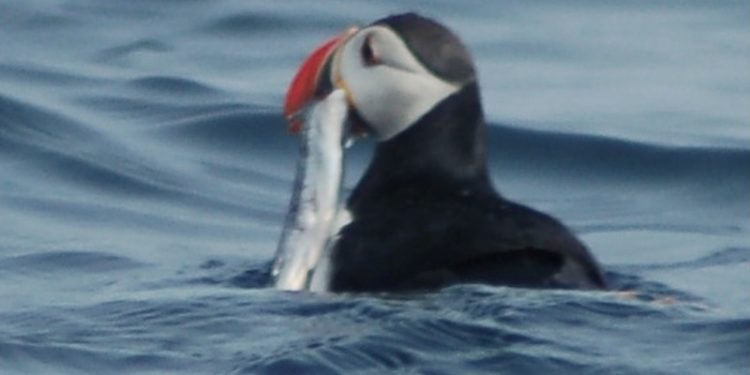ICES has advised a zero Barents Sea capelin TAC next year, although according to the Norwegian Marine Research Institute, there is no likelihood of a collapse of the stock.
Researcher Bjarte Bogstad of the Marine Research Institute states that The Norwegian-Russian Fisheries Commission has adopted a rule for capelin stock management, which results in a zero quota next year as the role of capelin is seen primarily as a key feed for other species in the Barents Sea.
‘If we see there is a surplus of capelin after cod and other species have enough to feed on, then we can open it for fishing,’ he said.
During the autumn survey, the stock that will form the basis of next spring’s spawning stock was assessed and was estimated at one million tonnes. The lower limit for the spawning stock is judged to be 200,000 tonnes, and even with no fishing, there appears to be a possibility that the spawning stock could fall below this level.
‘Capelin is low this year, but there is not a question of collapse. We have experienced four collapses early in the mid-80’s, mid-90’s, one around 2005 and one short-lived collapse two-three years ago. Now ICES that capelin should not be fished in the Barents Sea next year.’
He added that there were technical problems with Russian research vessel Vilnius which did not cover everything planned for the ecosystem survey.
‘It is true that the coverage of the southern part of the Barents Sea was poor, where for a few years some one-year-old fish have been found, but this did not affect the Commission’s assessment,’ he said.









